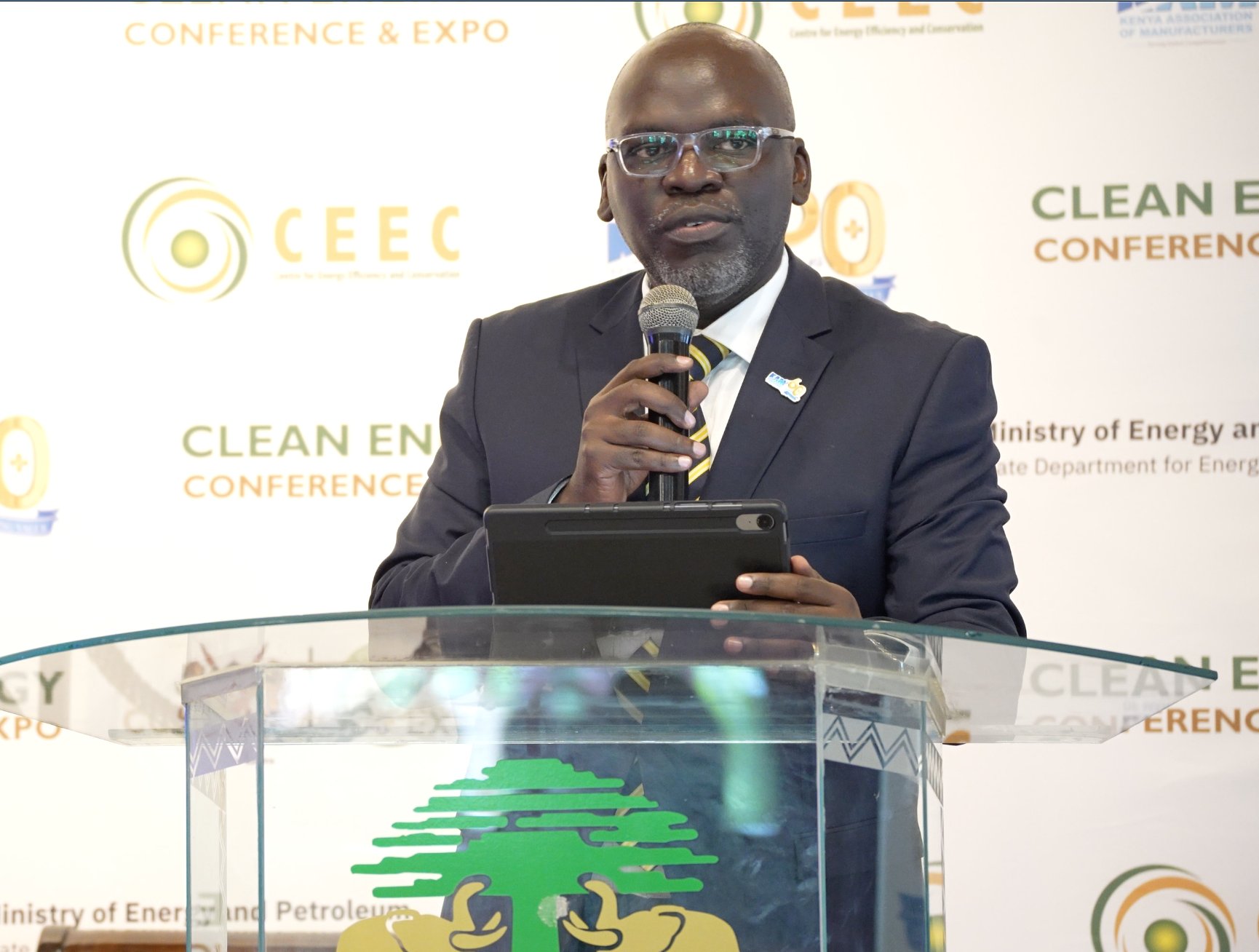KAM sounds alarm over lax wastewater policies threatening Kenya’s climate goals

The report, developed in partnership with the Kenya Water Institute and the Confederation of Danish Industry, identifies a range of challenges holding back progress.
Kenya Association of Manufacturers (KAM) has raised alarm over weak enforcement of wastewater policies, warning that failure to manage industrial discharge could derail the country’s efforts to meet its climate commitments.
In a new report on industrial readiness, KAM notes that poor regulation around wastewater reuse remains a major challenge in reducing harmful emissions like methane and nitrous oxide, key targets under Kenya’s goal to cut emissions by 32 percent by 2030.
The report, developed in partnership with the Kenya Water Institute and the Confederation of Danish Industry, identifies a range of challenges holding back progress.
These include lack of enforcement, inadequate infrastructure, low financing, minimal public awareness, political interference, and insufficient data to track pollution trends. The gaps, KAM says, have weakened the impact of current climate and sanitation interventions.
“There are regulatory and institutional barriers, including weak enforcement of wastewater reuse policies and limited incentives for emissions reduction strategies,” the report reads.
KAM says that managing wastewater goes beyond climate mitigation, it is also essential for protecting public health, conserving the environment, and supporting economic development.
Speaking at the report’s launch on Friday, KAM CEO Tobias Alando said industries are already adopting climate-smart practices, but need more help to scale up.
“Industry is not on the sidelines of climate action we are active players,” Alando said.
“Many manufacturers are recycling greywater, installing on-site treatment systems, and generating biogas from sludge. But we need stronger policy support, access to green financing, and targeted capacity-building, especially for SMEs.”
He cited examples of ongoing innovations such as zero-liquid discharge systems in industrial parks and circular economy models in food processing plants. However, Alando warned that long-standing structural barriers continue to slow industry-wide adoption.
Water and Sanitation Principal Secretary Julius Korir, who also spoke at the event, said the government is committed to improving access to sanitation and sewer infrastructure.
He said national water coverage had risen from 68 to over 75 percent, with further expansion planned in Mandera, Isiolo, Wajir, and Kiambu.
“We’re investing in sewer systems not just for infrastructure, but to uplift lives and support industrial growth. Industries are both major water users and generators, and they must be part of the solution,” Korir said.
Other stakeholders at the forum urged regulators and businesses to shift from treating wastewater as a liability and start viewing it as a resource in line with circular economy practices.
They called for more education to change public attitudes, and support for alternative water sources like recycled greywater and biosolids.
Still, many barriers remain. The report highlights high costs of wastewater treatment technologies, lack of local skills, and ongoing public distrust of recycled water.
It urges investment in decentralized treatment systems, tighter enforcement of existing rules, better environmental data, and stronger collaboration between state agencies and private players.
Globally, untreated wastewater is a growing crisis. The United Nations estimates that up to 80 percent of wastewater is discharged into the environment without treatment, polluting rivers and lakes, damaging ecosystems, and posing serious health risks.
